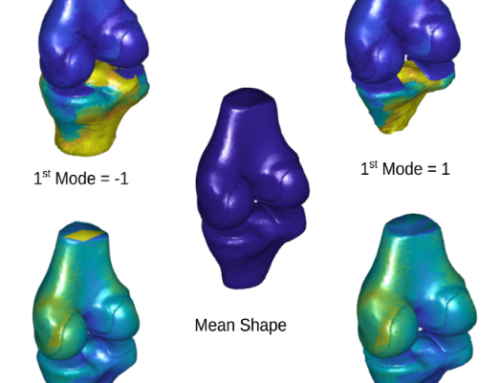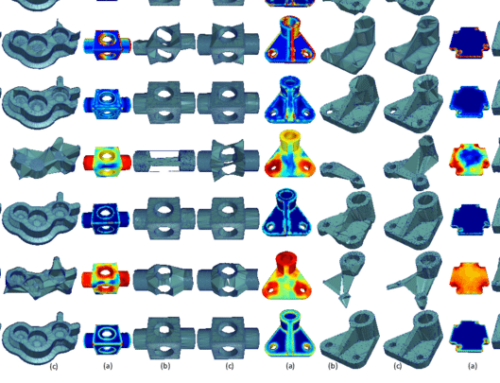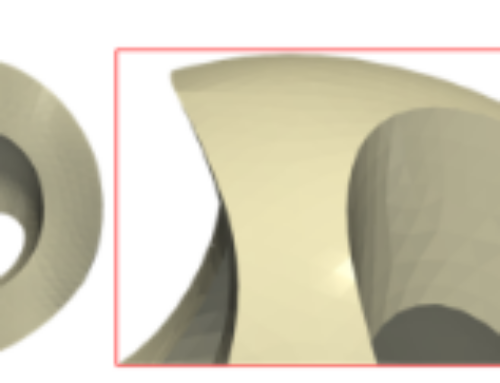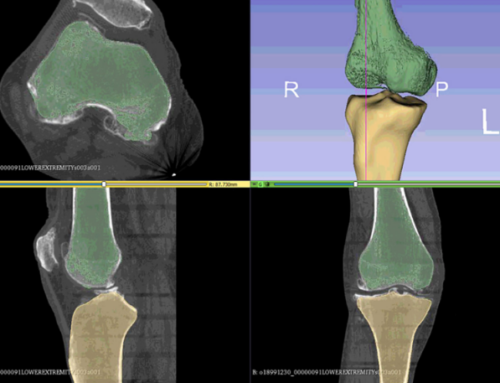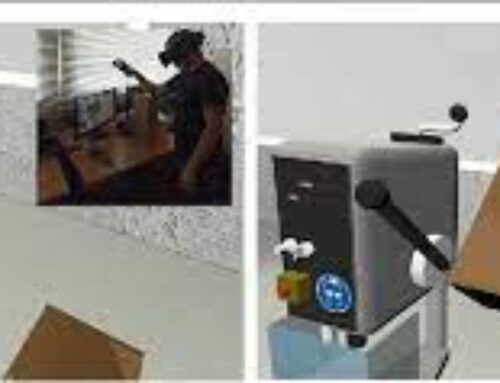Abstract — Through the years, several works have demonstrated high-quality 3D mesh denoising. Despite the high reconstruction quality, there are still challenges that need to be addressed ranging from variations in configuration parameters to high computational complexity. These drawbacks are crucial especially if the reconstructed models have to be used for quality check, inspection or repair in manufacturing environments where we have to deal with large objects resulting in very dense 3D meshes. Recently, deep learning techniques have shown that are able to automatically learn and find more accurate and reliable results, without the need for setting manually parameters. In this work, motivated by the aforementioned requirements, we propose a fast and reliable denoising method that can be effectively applied for reconstructing very dense noisy 3D models. The proposed method applies conditional variational autoencoders on face normals. Extensive evaluation studies carried out using a variety of 3D models verify that the proposed approach achieves plausible reconstruction outputs, very relative or even better of those proposed by the literature, in considerably faster execution times
S. Nousias, G. Arvanitis, A.S. Lalos and K. Moustakas, “Fast Mesh Denoising with Data Driven Normal Filtering using Deep Variational Autoencoders”, IEEE Transactions on Industrial Informatics, 10.1109/TII.2020.3000491

